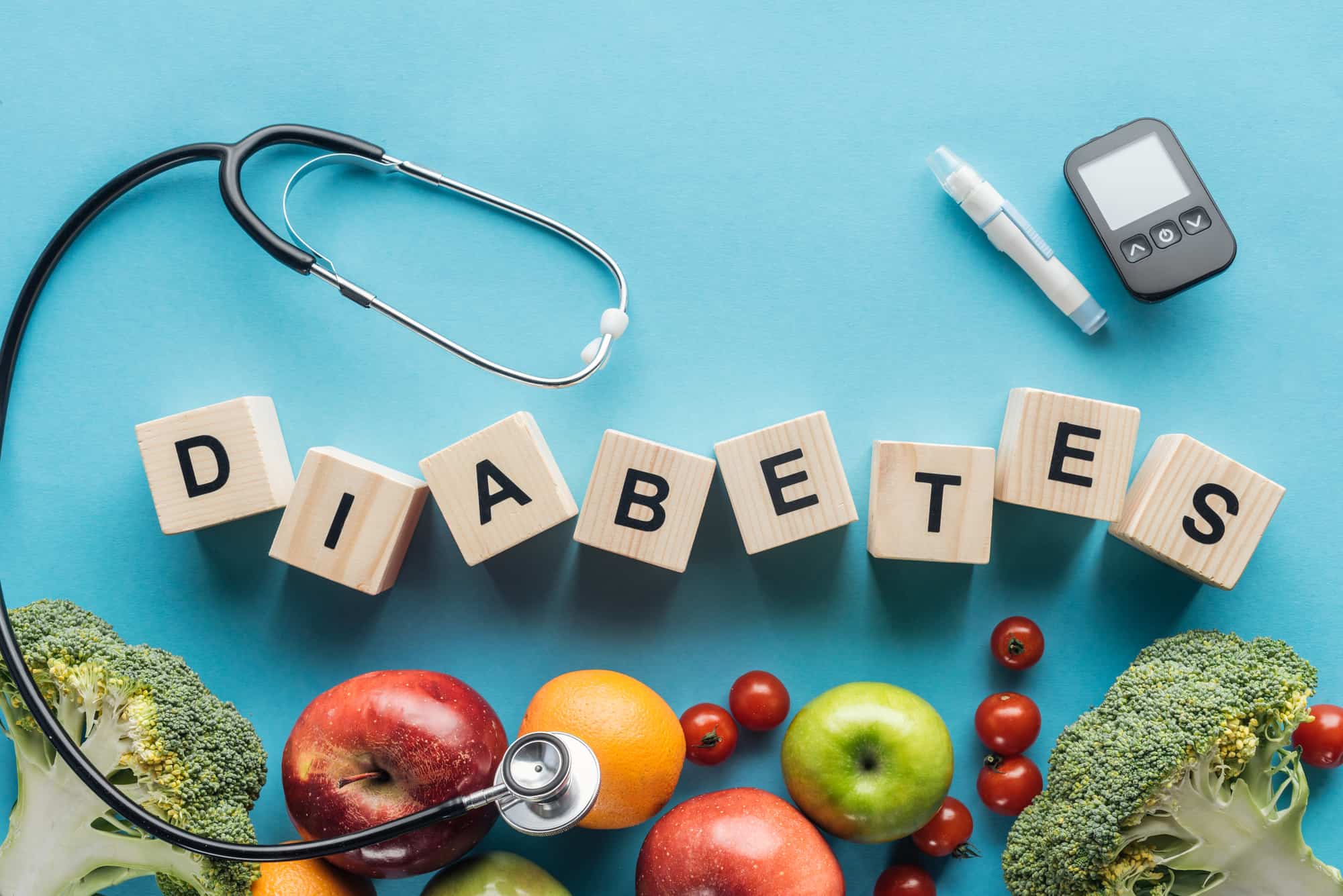Diabetes has become a major public health concern in Nigeria, with an estimated 3.6 million cases reported in 2021 and projections suggesting that this figure could rise significantly over the next few decades. The growing prevalence of diabetes, largely attributed to factors such as urbanisation, sedentary lifestyles, and dietary changes, places immense pressure on Nigeria’s already fragile healthcare system.
Effective treatment and management of diabetes remain crucial to prevent complications and improve the quality of life for those affected. However, access to quality diabetes care in Nigeria faces numerous challenges.
One of the most significant barriers to effective diabetes treatment in Nigeria is the country’s under-resourced healthcare infrastructure. There is a limited number of endocrinologists—doctors specialising in diabetes and other hormone-related disorders—in proportion to the population, particularly in rural areas.
Many general healthcare facilities lack essential diagnostic tools and specialised equipment necessary for diabetes management, such as glucometers and insulin pumps. The few tertiary hospitals and specialised centres capable of providing advanced diabetes care are concentrated in urban areas, making access difficult for rural populations.
Insulin and other diabetes medications are often prohibitively expensive in Nigeria, making them unaffordable for many patients. Although insulin is crucial for individuals with type 1 diabetes and can also be essential for those with advanced type 2 diabetes, its high cost and the lack of consistent availability in public health facilities lead to interruptions in treatment.
According to the International Diabetes Federation, diabetes patients in low-income countries like Nigeria spend, on average, 25 percent of their annual income on diabetes-related healthcare. This economic strain often forces patients to ration or entirely forgo necessary medications, which can lead to severe health complications.
Public understanding of diabetes in Nigeria remains limited, contributing to delayed diagnoses and inadequate disease management. In many communities, diabetes is often not recognised as a chronic illness but instead attributed to supernatural causes or viewed as a sign of affluence due to dietary changes. These misconceptions lead to stigma and discourage individuals from seeking early medical advice. Furthermore, the lack of widespread education on lifestyle modifications that could help prevent or manage diabetes compounds the issue, particularly in areas where traditional diets have shifted towards more processed foods.
Limited Health Insurance Coverage
While the National Health Insurance Scheme (NHIS) covers some health conditions, diabetes care often falls outside its purview or provides only partial coverage. Consequently, many Nigerians pay out of pocket for diabetes treatment, a factor that further complicates the affordability and accessibility of care. The out-of-pocket expenditure is a significant barrier to long-term diabetes management, leading many patients to delay or discontinue treatments.
But the situation has not been dire outright. With the rise in mobile phone usage across Nigeria, digital health interventions have begun to play a crucial role in diabetes management. Mobile health applications offer platforms for patients to monitor blood glucose levels, receive reminders to take medication, and access nutritional information. Telemedicine programmes are also emerging, particularly in urban centres, allowing patients to consult endocrinologists remotely. While the reach of these services is still limited, they hold significant potential to bridge the healthcare gap, especially for patients in rural areas.
NGOs, healthcare organisations and advocacy groups are making concerted efforts to raise awareness about diabetes through public health campaigns. Community-based education programmes, often conducted in local languages, are focused on educating the public on the causes, symptoms, and treatment options for diabetes. These programmes emphasise lifestyle changes, such as dietary improvements and physical activity, as preventive measures. Furthermore, partnerships with religious and community leaders are proving effective in dispelling myths and promoting healthier lifestyle choices.
Some international health organisations and private companies are working with the Nigerian government to make insulin and diabetes medications more affordable. While these programmes are still in early stages, they represent a positive step towards improving diabetes care accessibility.
Addressing the cost barriers associated with diabetes treatment requires comprehensive policy reforms. There is a push for expanding the NHIS to cover diabetes care more inclusively, making it feasible for patients to access continuous treatment without the fear of financial hardship. Integrating diabetes screening into routine healthcare services could also aid early diagnosis and better management.
The Road Ahead
Diabetes treatment in Nigeria is at a critical juncture. Although challenges remain, innovative solutions and increased awareness are providing hope for a healthier future. Improved healthcare policies, greater availability of affordable treatment options, and community-centred education are essential in reversing the current trend.
With continued efforts, Nigeria can make strides towards a more sustainable and equitable diabetes care system, ultimately improving outcomes and quality of life for millions of Nigerians affected by this condition
Diabetes is a significant public health issue in Nigeria, with 3.6 million cases reported in 2021 and the projection of further increases. The disease's rising prevalence is linked to urbanization, sedentary lifestyles, and dietary shifts, straining Nigeria's precarious healthcare system. Effective diabetes management is hindered by several challenges, including an under-resourced healthcare infrastructure, a shortage of specialists, and limited access to diagnostic tools and medications, particularly in rural areas. The high costs of insulin and other diabetes treatments impose economic burdens on families, forcing many to ration or forgo necessary care.
Public awareness of diabetes in Nigeria remains low, which contributes to delayed diagnoses and poor management, while misconceptions about diabetes perpetuate stigma. Limited health insurance coverage compounds the financial issues, leading many to pay out of pocket for treatment. Despite these challenges, digital health interventions, such as mobile health applications and telemedicine programmes, are beginning to improve management by allowing patients to monitor and manage their condition remotely.
Efforts are underway by NGOs, healthcare organisations, and the government to increase awareness and affordability of diabetes care. Community-based programmes aim to educate people on diabetes management and prevention, while international collaborations seek to make medications more accessible and affordable. Policy reforms are needed to expand health coverage and integrate diabetes screening into routine care to ensure early diagnosis and management. With continued focus and intervention, Nigeria aims to build a more equitable and sustainable diabetes care system.






